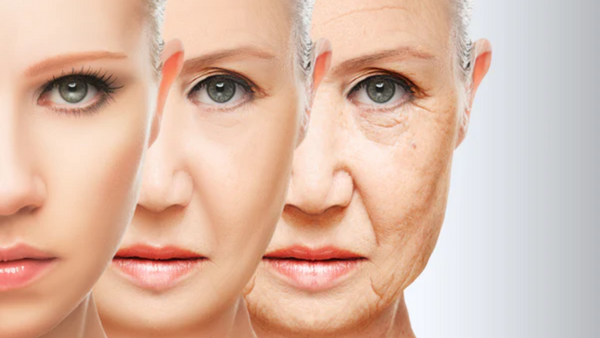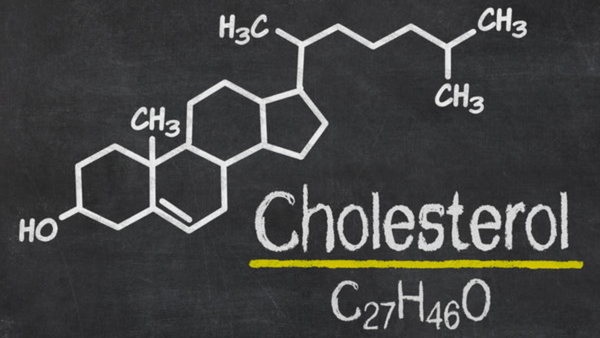We all grow older. This is considered an irrefutable fact. Is this really the case? It is not clear whether the aging process can really be stopped. However, many scientists are trying to better understand why we age. There are already many promising approaches that can at least slow down the aging process.
Lifestyle plays a crucial role here. Sleep, exercise and what we eat and when are just a few examples that can influence the aging process.
Micronutrients and secondary plant substances are also important in the aging process.
Essential nutrients with antioxidant effects
Oxidative stress caused by free radicals is suspected of accelerating the aging process. Vitamin C , vitamin E, zinc and selenium are important antioxidants in the body that can intercept and neutralize free radicals. They are among the essential nutrients that we must consume daily through our diet.

Coenzyme Q10
Coenzyme Q10 plays a central role in the energy in the power plants of cells, the mitochondria. Coenzyme Q10 is also an important antioxidant in the body. The body can produce coenzyme Q10 itself, but this ability decreases significantly with age.
Mitochondria play an important role in the aging process. Free radicals are produced during energy production, which can accelerate the aging process. Scientists suspect that a decline in mitochondrial function can accelerate aging.
In animals, coenzyme Q10 actually has a life-prolonging effect. [1] Unfortunately, this does not mean that this is also the case in humans, but it does give hope.
Vitamin D
Vitamin D is involved in many metabolic processes and a deficiency is associated with many age-related diseases such as cardiovascular disease, type 2 diabetes and dementia. [2]
The body can produce vitamin D itself when exposed to sunlight. However, the ability to convert vitamin D into the active form decreases significantly with age. Vitamin D deficiency is particularly common among seniors.

OPC
Oligomeric proanthocyanidins (OPC) are obtained from grape seed extract. Like many plant substances, OPC has antioxidant and anti-inflammatory properties.
There is interesting data with OPC in terms of longevity. In a study with mice, injections with grape seed extract increased life expectancy by 60%. [3] That certainly sounds promising. But of course we don't know to what extent these results can be transferred to humans.
Resveratrol
Resveratrol is extracted from grapes. Red grapes contain significantly more resveratrol than white grapes. Resveratrol is the reason why red wine is considered so heart-healthy. Resveratrol has attracted a lot of attention in anti-aging science because it has a life-prolonging effect on many animals. [4] The mechanism is also quite well understood: Resveratrol can stimulate so-called sirtuins, which are also known as longevity genes.
Curcumin
Curcumin is the active ingredient in turmeric root, which is a popular spice. Curcumin has antioxidant and anti-inflammatory properties. [5] Oxidative stress is known to accelerate the aging process. This in turn promotes inflammation, which promotes many age-related diseases, such as cancer, arteriosclerosis, dementia, cancer and diabetes.

Conclusion: Micronutrients should not be missing, especially in old age
A good supply of essential nutrients is essential for health. It is not clear to what extent nutritional supplements can really slow down the aging process in humans. However, nutrient deficiencies can promote many age-related diseases and should be avoided.
WE HAVE YOU 10 % VOUCHER FOR OUR
OPC PREMIUM , VITAMIN C , ZINC , SELENIUM , COENZYME Q10 , Vitamin D and Turmeric
PROVIDED AND HOPE TO BRING YOU JOY WITH IT.
SIMPLY COPY THE FOLLOWING COUPON CODE
AND ENTER IT AT CHECKOUT:
JUNGBRUNNEN+V10
TO THE PRODUCTS
[1] https://pubmed.ncbi.nlm.nih.gov/29459830/
[2] https://pubmed.ncbi.nlm.nih.gov/31336506/
[3] https://www.sciencedirect.com/science/article/pii/S0753332219305359

















